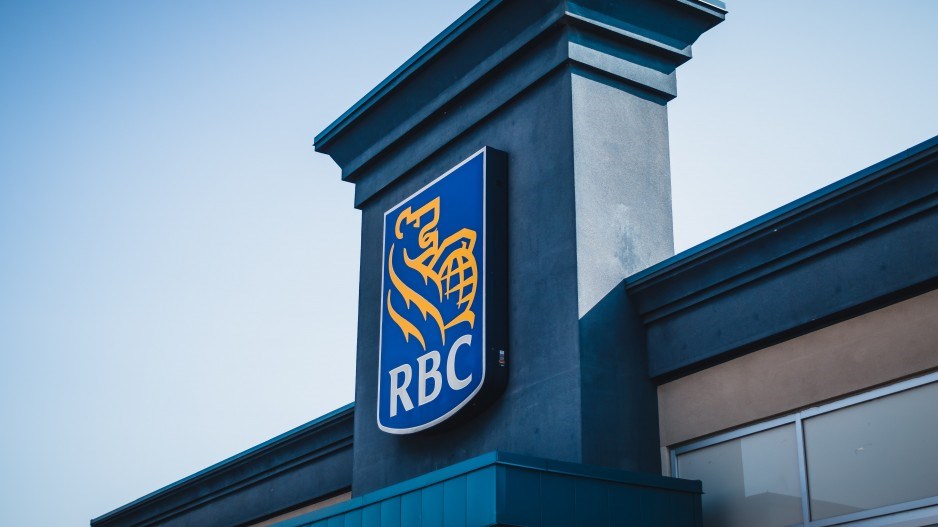More than a dozen environmental groups are warning Canada’s competition watchdog that the Royal Bank of Canada’s multibillion-dollar proposed takeover of HSBC Canada would limit sustainable banking choices in Canada and worsen the country’s exposure to climate risks.
The claims, sent in a letter to Canada’s Competition Bureau and the ministers of finance and environment, were submitted as part of a regulatory review process into whether the $13.5-billion sale would substantially reduce competition in Canada’s banking sector.
Julie Segal, senior manager of climate finance at Environmental Defence Canada, said the anti-trust review of the proposed bank buyout is one of the first cases she has seen where climate commitments are so obviously put at risk by a merger.
“This case is a wake-up call that climate change has to be considered in mergers and acquisitions,” she said.
In their letter to Canada’s competition watchdog, the environmental groups — which included West Coast Environmental Law, Climate Action Network Canada, Stand.earth and Environmental Defence Canada — point to RBC’s ongoing financing of fossil fuel projects. In April, a report found RBC was the world’s number one financier of fossil fuel projects in 2022, backing US$42.1 billion that year.
In the seven years since signing of the Paris climate accords, RBC was estimated to have loaned or underwritten US$253 billion in debt backing fossil fuel projects.
HSBC Canada, on the other hand, has been a Canadian leader in rejecting fossil fuel financing, according to the letter to the Competition Bureau. The bank helped issue Canada’s first green bond, and last year, HSBC said it would stop financing new oil and gas projects.
The letter to the Competition Bureau said RBC's proposed takeover exempts the bank from HSBC's climate policy.
“If RBC takes over the greener HSBC Canada, it would remove sustainable choices from the marketplace,” read the May 25 letter.
The environmental groups argued that the loss of a banking competitor like HSBC Canada, which has shown it’s willing to phase down support of fossil fuels, would “consolidate Canadian investment in to an area at risk of becoming stranded, worsening the level of climate risk in our economy.”
“It’s Canada’s biggest bank, biggest company,” said Eugene Kung, a staff lawyer with West Coast Environmental Law. “The problem with this particular merger is it makes them bigger and badder when we need them to take steps in the other direction.”
“We have this further concentration of power from a company that is not taking the appropriate steps, despite its rhetoric on climate action.”
Reached for comment, RBC spokesperson Andrew McGrath said the sale of HSBC Canada to RBC would “put more of Canada’s financial sector in Canadian hands” while leaving a “highly competitive” banking sector.
McGrath said the bank was taking action on climate change by working with its high-emitting clients to help them reduce emissions. He said the bank is looking to almost double its sustainable financing over the coming years and that the HSBC acquisition would help advance that target.
“We believe we have a responsibility to help our clients make the energy transition and are committed to continually creating new products and solutions to help,” he said.
In a separate probe, the Competition Bureau is investigating RBC for making “false and misleading” representations in connection to its climate commitments.
The latest submission is part of a public engagement process that closes June 1. The Competition Bureau said it would consider the environmental groups’ recommendations as part of its review process, according to correspondence sent to the environmental groups and seen by Glacier Media.
Kung said the environmental groups are not looking to block the proposed sale, but push the bureau to extend its anti-trust review process so they weigh the effects of finance on climate policy as well. Finance, both Kung and Segal said, is still a “missing piece” from Canada's climate policy.
“This is a big opportunity to fix that,” Segal said.



